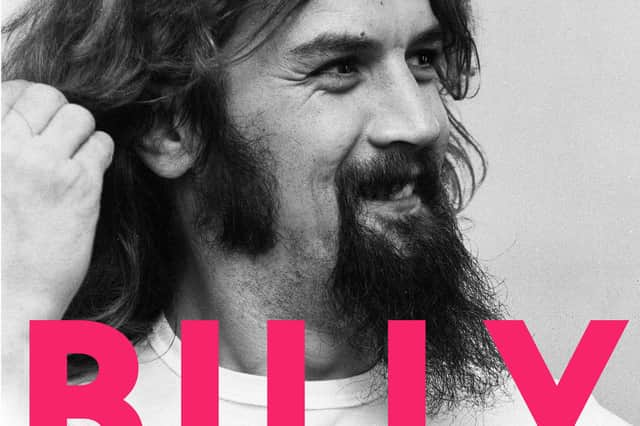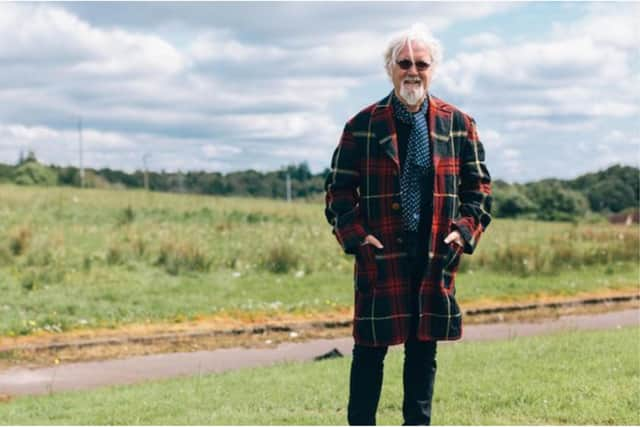Sir Billy Connolly reveals fury over ‘appalling treatment’ of Irish ancestors in Glasgow


Writing in his new autobiography, Connolly describes how his relatives were "treated appallingly" in 19th century Glasgow when they arrived during the Irish potato famine because "Protestants didn't want them."
In the book, published today, Connolly recalls how people of Irish origin were seen as "losers" in his native Glasgow and were barred from applying for jobs.Connolly also describes the bitter and long-standing splits that shattered families, and how marrying into an Irish-Catholic family was "considered to be marrying below your station” in Glasgow.
Advertisement
Hide AdAdvertisement
Hide AdWindswept and Interesting, Connolly’s first autobiography, recalls the prolonged abuse he suffered at the hands of both his father and his aunt, as well as the severe physical punishments meted out at his Catholic schools in Glasgow.


Connolly was born in 1947 to parents of Irish descent, William Connolly and Mary McLean.
Connolly writes: “Flora (his mother’s mother) had grown up in a Catholic family, but she married Neil MacLean, who was a Protestant from the Isle of Mull.
“When they had children, it became a tug o’ war. Flora even tried to have them baptised as Catholics behind her husband’s back, but her scheme failed.
“Sectarianism was much more alive then. People nowadays don’t care all that much but, back then, if Catholic people married Protestants their family would never speak to them again.
“It was a tribal war. And it was a shame, because sooner or later the young married couple would have a child and their grandparents would be desperate to see it – but because of the upset over the wedding, the rift could never be mended.”
Connolly describes how people of Irish descent in Glasgow “were very much under the thumb of the Catholic church.”
Advertisement
Hide AdAdvertisement
Hide AdHe adds: "They were all ‘god bless you’ and had come to Scotland as very poor, potato family immigrants. They were frowned upon.
"Glasgow was a very successful city. It looked upon itself as the second city of the British Empire.
"It was a great merchant city for tobacco, whisky and exports, and there were shipyards and steelworks.
“So the people – while still working class – were comparatively well off. They looked upon themselves as successful and the Irish as losers.
“To marry one of them was considered to be marrying below your station.”
In his book, Connolly discusses his affection for Ireland, saying: “We’re the same race, the Scots and the Irish. We’re all Celtic people.”
He adds: “My ancestors left Ireland in the time of the potato famine, but not because of the weather. They were starving.
Advertisement
Hide AdAdvertisement
Hide Ad“But they arrived in Scotland barefoot with nothing and had nowhere to go and were treated appallingly. Protestants didn’t want to know them.
“They were to signs outside businesses saying: ‘Worker wanted. Irish need not apply.’ My grandfather came to Glasgow when he was 10 years old. It must have been very hard for him. Even my father – when he was old enough to apply for jobs – was greeted by ‘Apprentices wanted. Boys’ Brigade welcome. That was a Protestant organisation.”
Comments
Want to join the conversation? Please or to comment on this article.